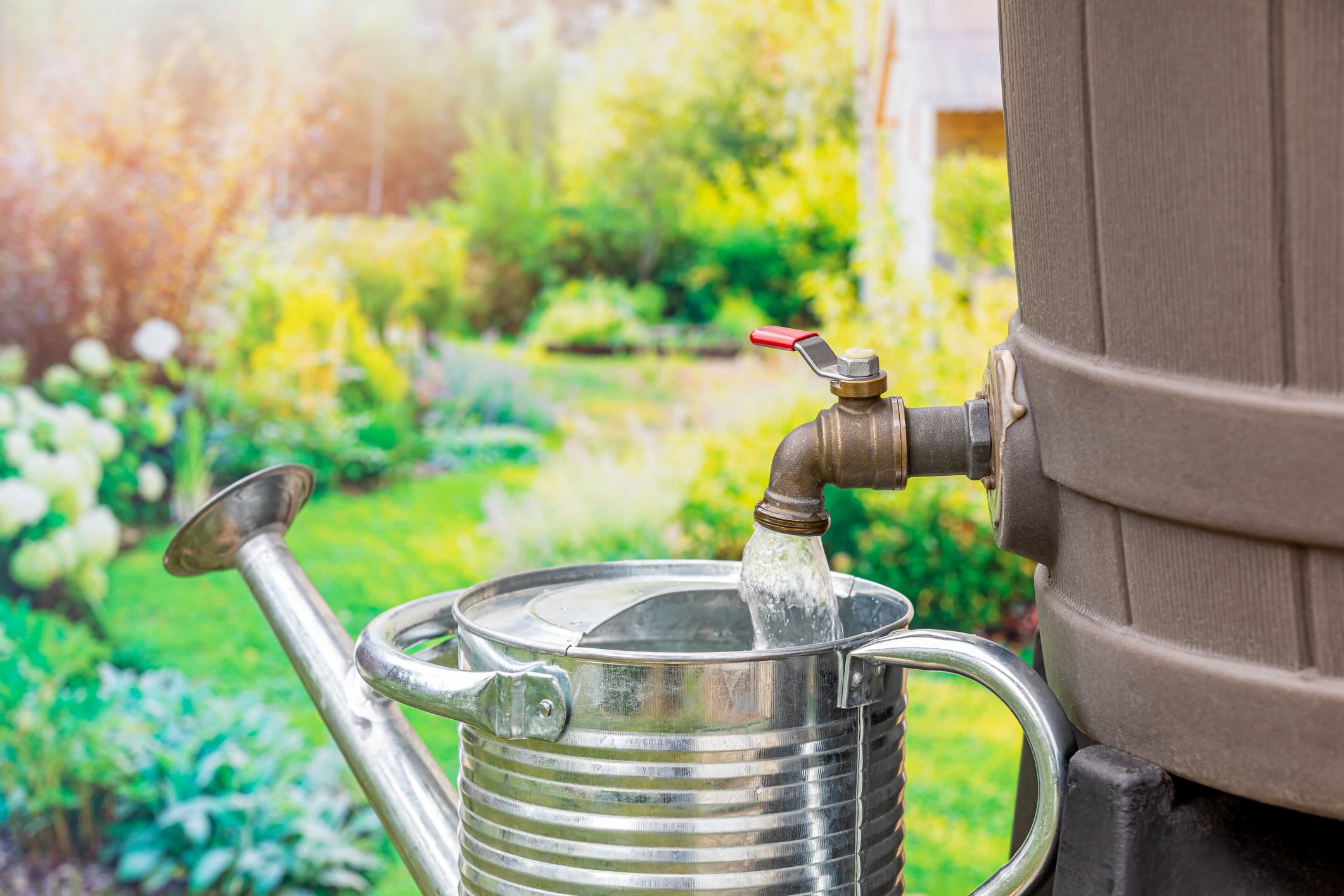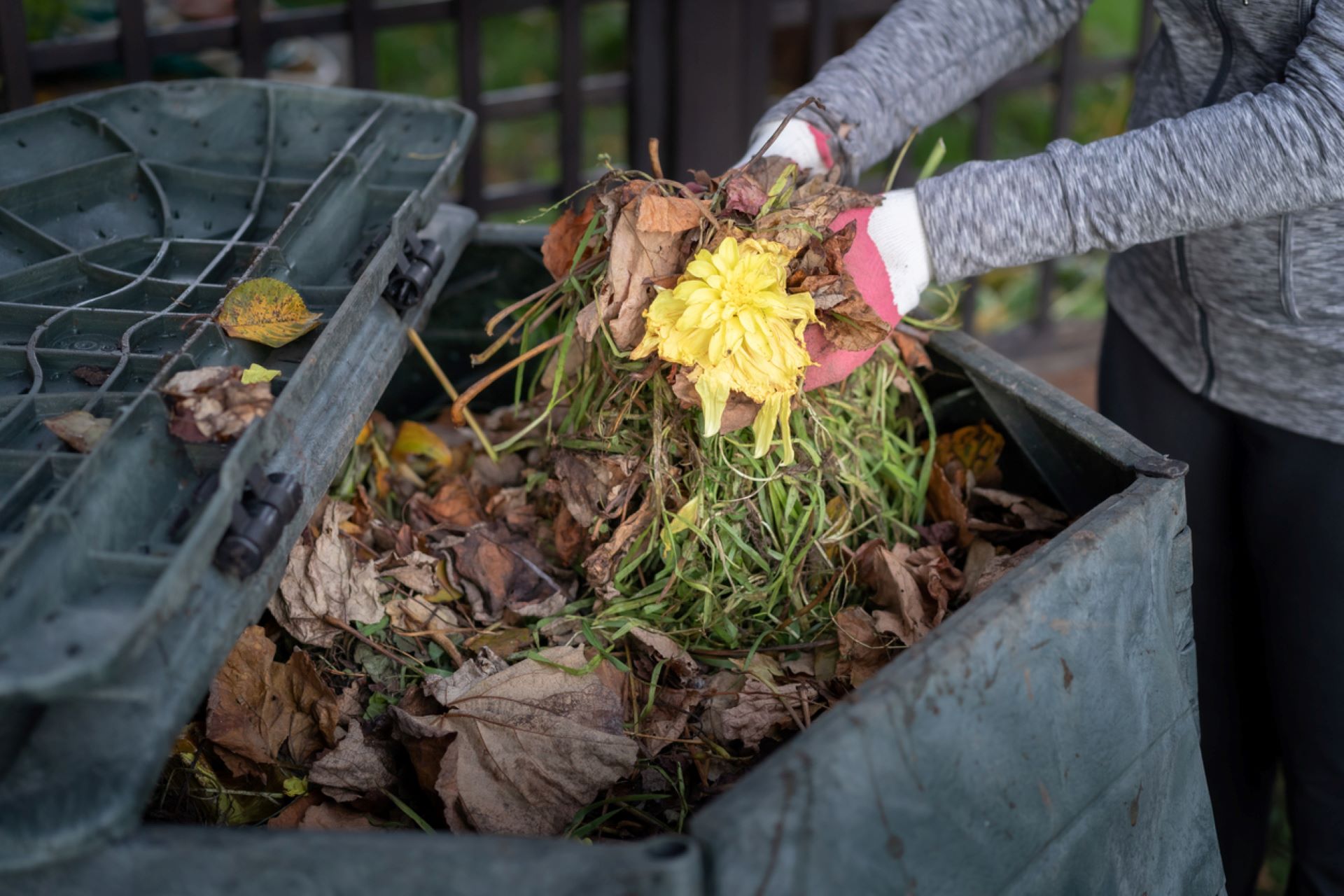Howard Vineyard, a winery in the Adelaide Hills region of Australia, is giving back to the land by planting thousands of native plants across its property — and the endeavor has paid off big time.
As Glam Adelaide explained, Howard Vineyard teamed up with Hills Biodiversity to regenerate its land and remove invasive species that had taken over. Along with nature experts and vineyard staff, families, children, and retirees have also stepped up to help with the native planting project.
In the last five years, the community has planted more than 4,500 native shrubs and trees in the Howard and Beautiful Valley vineyards. Hills Biodiversity connects landowners with volunteers experienced in rewilding landscapes, making it easy to bring Howard Vineyard's vision to life.
Whether you're running a business or maintaining a backyard garden, it's best to eliminate invasive species before they spread uncontrollably since they outcompete native plants for resources such as soil, water, and sunlight. Many invasive plants — including Japanese knotweed and kudzu — have extensive, deep root systems that are difficult to remove and can disrupt ecosystems.
TCD Picks » Uplevel Your Yard

But if you have a team of volunteers or even goat landscapers to manage unwanted plants, it's not too daunting of a task. Replacing invasives with native plants is much better for the environment since they're adapted to local conditions and don't require as much water or maintenance.
Along with saving time and money, they also attract pollinators that support biodiversity and plant reproduction, which ultimately benefits humans since we rely on them for many foods we eat. Even planting a few low-maintenance groundcover plants like Irish moss or clover can save water and reduce the need for fertilizers.
Watch now: Delta announces innovative plans for its next 100 years of air travel
Tom Northcott, owner and winemaker at Howard Vineyard, told Glam that the native plant initiative has cut down the vineyards' water consumption and use of pesticides. Most importantly, restoring the land has improved the taste and quality of their wines and grapes, proving that nature gives back when you look after it.
"We've also rolled out 50% new drip tube through the vineyards. That's helped us get ahead of rising water costs," Northcott said, explaining that the vineyard has added 45,000 vines over the past three years as part of its expansion efforts.
The revegetation project shows what's possible when a community comes together with the common goal of being responsible stewards to the land and keeping their town beautiful. Planting native trees is good for the soul and supports a healthy environment that can continue producing the foods and drinks we love, like wine.
"When most agricultural businesses hear 'invest in sustainability,' they see dollar signs with no return for decades," Northcott said.
TCD Picks » Quince Spotlight

|
Do you think more places of worship should embrace clean energy?
Click your choice to see results and speak your mind. |
"But we've always believed in paying it forward. Look after the soil, and the soil will look after you."
Join our free newsletter for good news and useful tips, and don't miss this cool list of easy ways to help yourself while helping the planet.





















